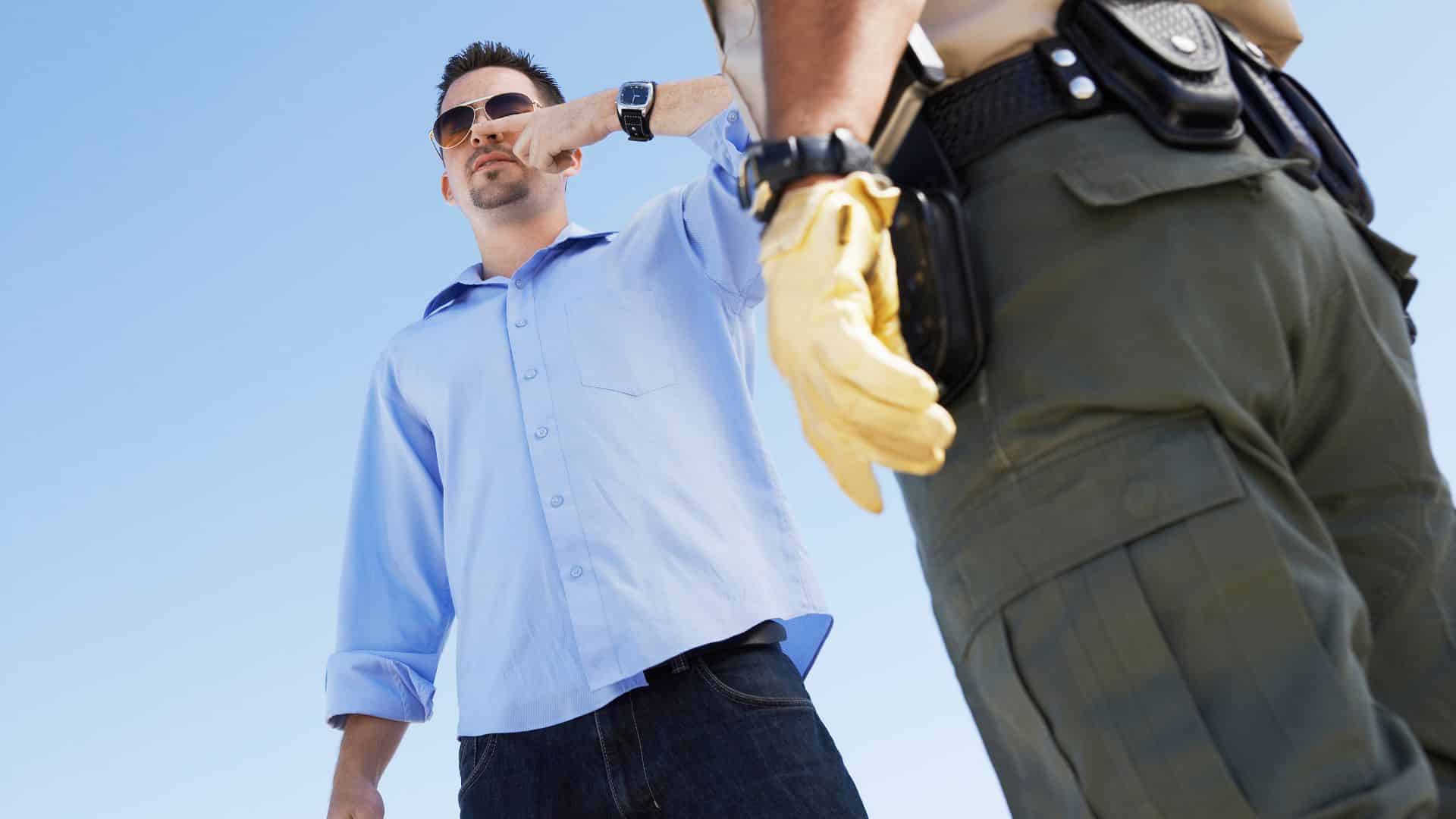If you have recently been pulled over and arrested for drunk driving, the differences between charges of DWAI and DUI in Colorado make a material difference to your future.
In the state of Colorado, the legal landscape surrounding impaired driving is intricate, and these two distinct criminal charges carry varying degrees of severity. Understanding the nuances between these charges and their potential consequences – and how a skilled DUI attorney can defend you against either charge, is essential to your future and your freedom.
Defining DWAI and DUI in Colorado
When discussing drunk driving charges, the two terms you will hear most often are DWAI (Driving While Ability Impaired) and DUI (Driving Under the Influence). While the terms are often used interchangeably, they represent distinct legal offenses in Colorado.
DWAI is the less severe of the two charges and applies when a driver’s faculties are impaired by even the smallest amount of alcohol, drugs, or both, compromising their ability to operate a motor vehicle safely.
In contrast, DUI is the more severe offense. These charges are levied when a driver’s mental or physical capabilities are “substantially” impaired by alcohol, drugs, or a combination of both, rendering them incapable of clear judgment, physical control, or due care to operate a vehicle safely.
Additionally, prosecutors can bring a DUI charge against a driver when blood alcohol content (BAC) measures 0.08% or higher, regardless of their level of impairment – so just because you can “hold your liquor” does not mean you are exempt from the more severe charge.
Understanding Blood Alcohol Content (BAC) Levels
The driver’s BAC largely defines the distinction between DWAI and DUI in Colorado. In Colorado, a DWAI is typically associated with a BAC between 0.05% and 0.079%, while a DUI is charged when the BAC reaches 0.08% or higher.
However, there are circumstances where the legal limit for BAC is significantly lower. For instance, the legal limit for underage drivers in Colorado is 0.02% BAC. This “zero-tolerance” policy aims to discourage underage drinking and driving, as even a small amount of alcohol can significantly impair a young person’s ability to operate a vehicle safely.
Additionally, for commercial vehicle drivers, the BAC threshold for a DUI is even lower, at 0.04% or above. This stricter standard reflects the increased responsibility and potential for harm associated with operating a large commercial vehicle while impaired.

Penalties for DWAI and DUI Offenses
While both are considered misdemeanor offenses, a DWAI and DUI in Colorado can carry drastically different penalties.
A first-time DWAI offense can result in:
- Up to 180 days in jail
- Fines ranging from $200 to $500
- 24-48 hours of community service
- Up to two years of probation
- Eight points against the driver’s license
In contrast, a first-time DUI conviction carries the following potential penalties:
- Five days to one year in jail
- Fines ranging from $600 to $1,000
- 48-96 hours of community service
- Up to two years of probation
- Nine months of license suspension
These penalties can escalate significantly for repeat offenders or where the driver’s BAC is exceptionally high (0.15% or above). Additionally, a fourth-time DWAI and DUI in Colorado is a Class 4 felony, which can result in two – six years of imprisonment and fines of $2,000 to $500,000.
Related: DUI In Colorado – How Courts Determine The Appropriate Sentence
Potential Defenses for DWAI and DUI Charges
Regardless of the specific charge, individuals facing charges of DWAI and DUI in Colorado have several potential defense strategies at their disposal. Some common approaches include:
Challenging the Traffic Stop: Before pulling you over, police must have a reason for doing so. If they lack reasonable suspicion, any evidence obtained during that traffic stop may be deemed inadmissible.
Questioning Probable Cause for Arrest: In addition to having a reason for turning on their lights, police must also have probable cause for believing the driver is impaired to make an arrest. Complete dismissal of charges can result if there is no evidence of probable cause.
Disputing Field Sobriety Tests: Factors such as physical conditions, medical issues, or improper administration of the tests can undermine the reliability of the results and lead to their exclusion from the case.
Challenging Breath or Blood Test Accuracy: If there are concerns about the proper calibration, handling, or testing procedures for the breathalyzer or blood sample, the test results may be questionable.
Demonstrating Low BAC: If the driver’s BAC was below the legal limit for a DUI (0.08%) but still within the DWAI range (0.05%-0.079%), the defense may be able to argue for a reduction to the lesser charge.
For a more detailed analysis of potential defense for drunk driving, please read Keeping DUI Evidence Out of Court Can Keep You Out of Jail.
Working with an experienced Colorado Springs DUI defense attorney is vital if you want to navigate these complex legal issues and develop a comprehensive strategy to achieve the best possible outcome.
Facing Charges for DWAI and DUI in Colorado? Take the Charges as Seriously as Prosecutors Do
Colorado Law and El Paso County prosecutors take drunk driving allegations very seriously. If you are arrested and charged with driving while ability impaired or driving under the influence, even if it is your first time, you are fighting the full weight of Colorado’s criminal justice system. This is not a fight to enter on your own.
At James Newby Law, our team of seasoned lawyers have an impressive record of successfully defending against a wide range of impaired driving allegations.
As former prosecutors ourselves, we know all the tricks prosecutors use to obtain convictions. We understand the nuances of Colorado’s DUI and DWAI laws and are committed to exploring every avenue to protect your rights and minimize the potential consequences you may face. From thoroughly investigating the circumstances of your case to aggressively challenging the prosecution’s evidence, we will work tenaciously to secure the most favorable outcome possible.
Don’t face these charges alone. Contact Colorado Springs experienced drunk driving attorneys at James Newby Law today to schedule a free, confidential consultation.



